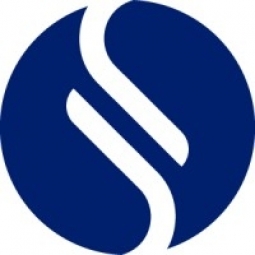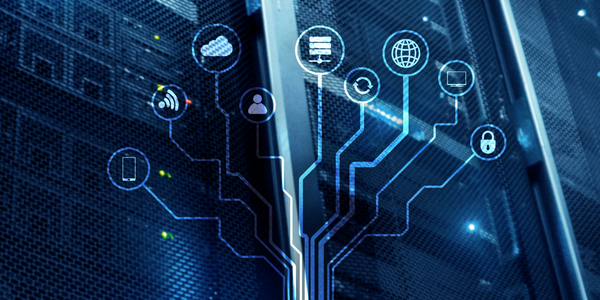Customer Company Size
Large Corporate
Region
- America
- Europe
Country
- Netherlands
- United States
Product
- SpheraCloud Corporate Sustainability
Implementation Scale
- Enterprise-wide Deployment
Impact Metrics
- Environmental Impact Reduction
Technology Category
- Functional Applications - Remote Monitoring & Control Systems
Applicable Industries
- Electronics
Applicable Functions
- Quality Assurance
Use Cases
- Energy Management System
Services
- System Integration
About The Customer
Lumileds is a global lighting solutions company with its corporate headquarters in Schiphol, the Netherlands, and its operational headquarters in San Jose, US. The company has over 7,000 employees and is highly committed to a culture of quality, responsibility, and sustainability. Lumileds prioritizes environmental, social, and governance issues that have the highest importance to their stakeholders, the greatest impact on their business, and the most impact on the environment. The company has aligned its sustainability efforts with external frameworks, such as the United Nations Sustainable Development Goals (SDGs), and identified four SDGs to make the most significant contribution: climate action, good health and well-being, affordable and clean energy, and responsible consumption and production.
The Challenge
Lumileds, a company committed to a culture of quality, responsibility, and sustainability, was facing a challenge. Their custom-built, end-of-life software for the monthly data collection for health & safety and quarterly data collection for environmental data was no longer adequate. They needed to replace it with a state-of-the-art sustainability solution to track, monitor, and report against their sustainability targets. The new solution needed to be easy-to-use and intuitive for data collectors and data admins. Furthermore, the implementation had to be completed before the next reporting window.
The Solution
Lumileds implemented SpheraCloud Corporate Sustainability as the Corporate Sustainability Cockpit for data collection for their global operations. This included reporting and intelligent actions management and empowered data collectors and data admins by providing access to interactive analytics, trends, and benchmarks with other sites. The software allowed Lumileds to collect first-time right data and improved the tracking and analysis of their progress. It offered new insights into their performance and helped their teams focus on the improvements that would help them meet their ambitious targets.
Operational Impact

Case Study missing?
Start adding your own!
Register with your work email and create a new case study profile for your business.
Related Case Studies.

Case Study
Remote Temperature Monitoring of Perishable Goods Saves Money
RMONI was facing temperature monitoring challenges in a cold chain business. A cold chain must be established and maintained to ensure goods have been properly refrigerated during every step of the process, making temperature monitoring a critical business function. Manual registration practice can be very costly, labor intensive and prone to mistakes.
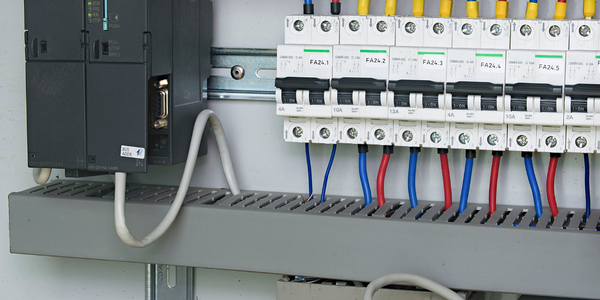
Case Study
Predictive maintenance in Schneider Electric
Schneider Electric Le Vaudreuil factory in France is recognized by the World Economic Forum as one of the world’s top nine most advanced “lighthouse” sites, applying Fourth Industrial Revolution technologies at large scale. It was experiencing machine-health and unplanned downtime issues on a critical machine within their manufacturing process. They were looking for a solution that could easily leverage existing machine data feeds, be used by machine operators without requiring complex setup or extensive training, and with a fast return on investment.
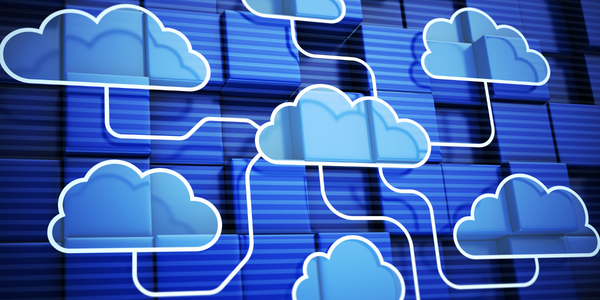
Case Study
Cloud Solution for Energy Management Platform-Schneider Electric
Schneider Electric required a cloud solution for its energy management platform to manage high computational operations, which were essential for catering to client requirements. As the business involves storage and analysis of huge amounts of data, the company also needed a convenient and scalable storage solution to facilitate operations efficiently.
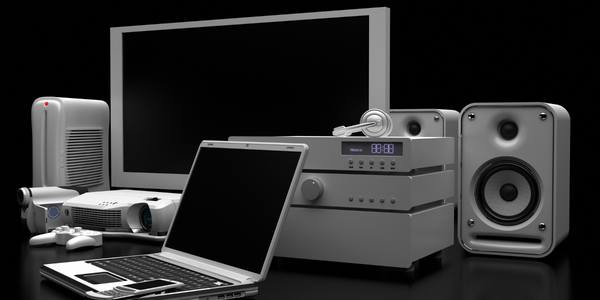
Case Study
Leveraging the IoT to Gain a Competitive Edge in International Competition
Many large manufacturers in and outside Japan are competing for larger market share in the same space, expecting a growing demand for projectors in the areas of entertainment, which requires glamor and strong visual performance as well as digital signage that can attract people’s attention. “It is becoming more and more difficult to differentiate ourselves with stand-alone hardware products,” says Kazuyuki Kitagawa, Director of Service & Support at Panasonic AVC Networks. “In order for Panasonic to grow market share and overall business, it is essential for us to develop solutions that deliver significant added value.” Panasonic believes projection failure and quality deterioration should never happen. This is what and has driven them to make their projectors IoT-enabled. More specifically, Panasonic has developed a system that collects data from projectors, visualizes detailed operational statuses, and predicts issues and address them before failure occurs. Their projectors are embedded with a variety of sensors that measure power supply, voltage, video input/ output signals, intake/exhaust air temperatures, cooling fan operations, and light bulb operating time. These sensors have been used to make the projector more intelligent, automatically suspending operation when the temperature rises excessively, and automatically switching light bulbs. Although this was a great first step, Panasonic projectors were still not equipped with any capability to send the data over a network.




